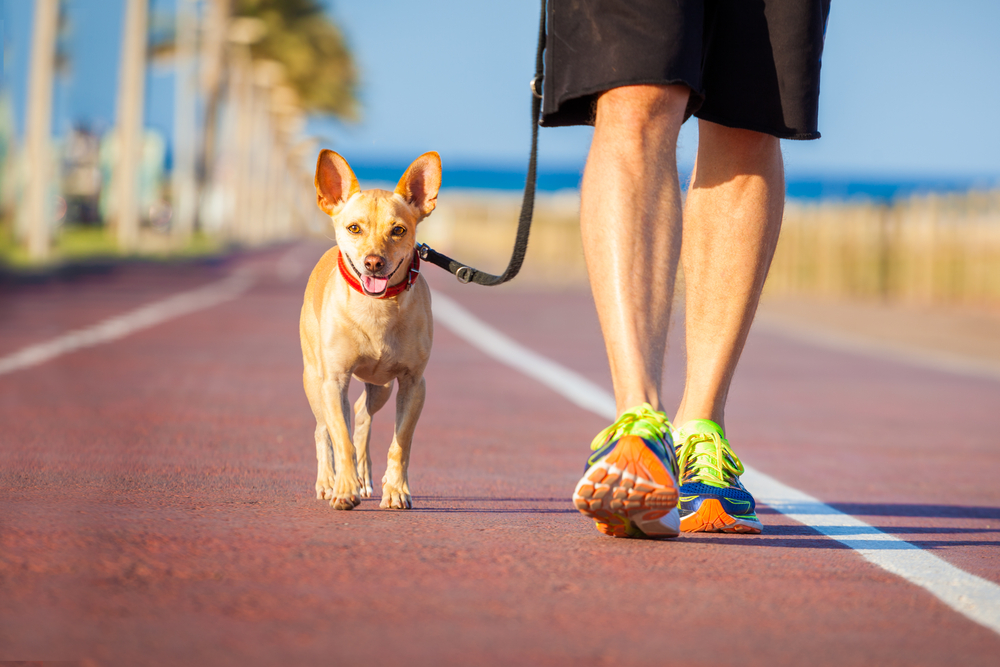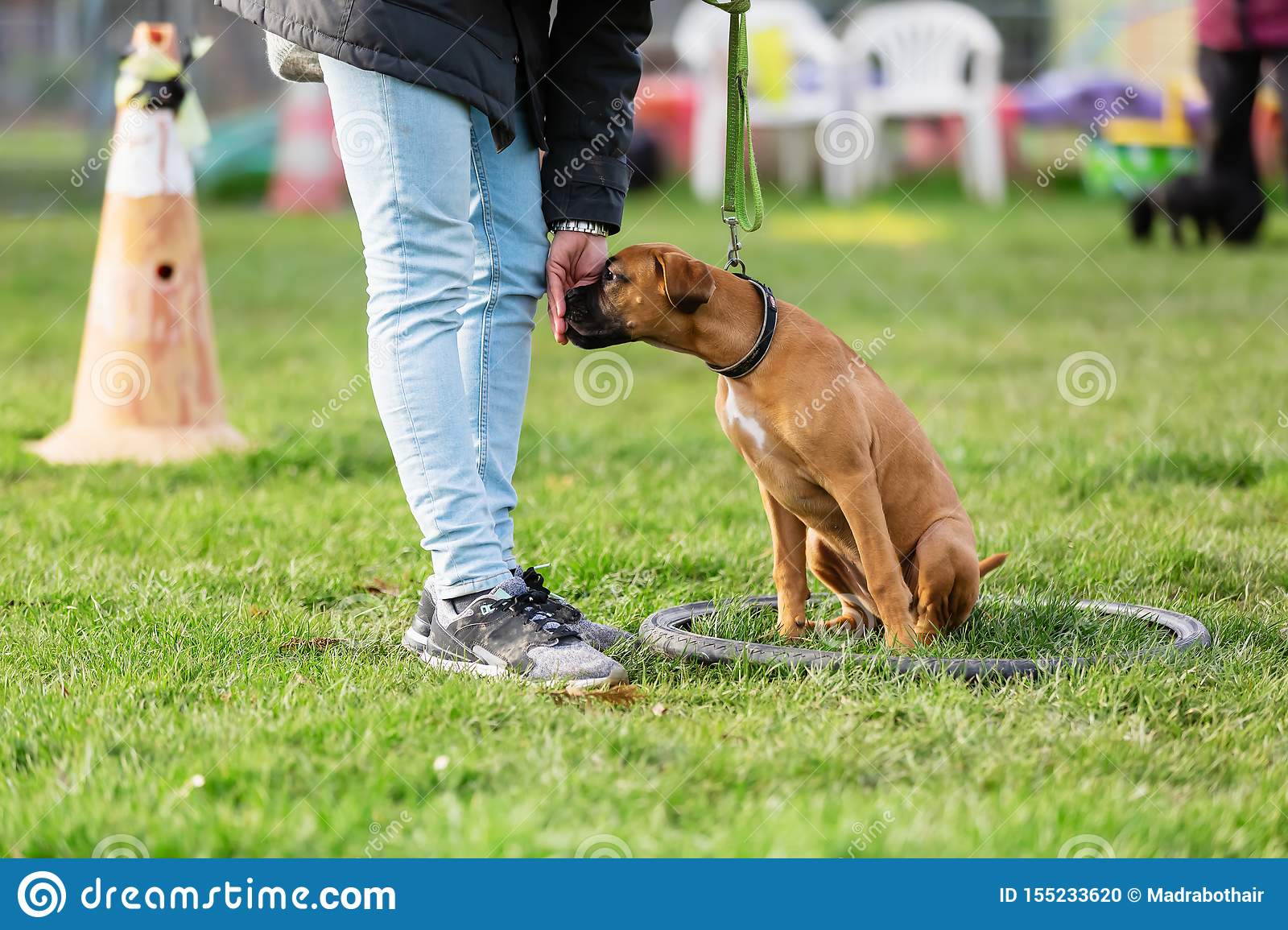
At the London School of Hygiene and Tropical Medicine, medical detection dogs are being trained to detect drugs in people. The dogs are capable of detecting up to 750 people per an hour, which is a total of 5,000 people every day. The dog could also be trained for cancer detection. It is crucial to understand your rights and the procedures required for police searches. It is also illegal for police to ask you wait for a drug-dog to arrive.
They are able to sense the smell of drugs, but they don't care about it. Instead, they search for their favorite toy, associating it with the scent of drugs. They have a strong hunting instinct and don't falsely sign for a reward. They simply associate the scent of drugs with their favorite toy, which leads to a false alarm. Because they are used searching for illegal substances, they think finding traces of them will be a reward.

In recent years, the demand for detection dogs has grown rapidly. The United States alone has received more than 16.5 tons cocaine. If laid end-to-end, this amount would cover more then two-and a half miles. This could be a way to prevent deadly diseases from spreading in low-income countries. But what about the low-income nations? The training of dogs for COVID-19 is still in its early stages, as the supply of registered breeds is still limited.
Professional dog sniffers are not like your everyday pets. They are trained to be sensitive and to detect explosives and drugs. In addition to detecting drugs, they are also your best friend. A drug-sniffing dog ran through the crowds after it was let loose at a customs crossing. The dog returned with marijuana bricks. The dog's work was not able to identify the source, but the training has helped him become a better drug detector.
While dog sniffers are an integral part of drug detection, their use has been controversial. Dog sniffers are often questioned for their accuracy in drug detection. Dogs are often trained to recognize all kinds of illegal drugs. They can detect a variety of drugs, including heroine and opiates. Some of these drugs are easily confused with household pets and breakfast cereal.

Although it can be difficult for a police officer to use a dog sniffer to detect drug, it is possible to not interfere with their work. Whenever you see a police officer, tell them to step back and film them. Otherwise, they might try to stop what you're doing. They can't ask you to move. However, they can follow your lead. When a smell is detected in a dog's urine, it can trigger a cascade of symptoms and trigger an immune response.
FAQ
How to Make Your Pet Happier
Pet owners often wonder what they can do to make their pets happy. You can buy pets toys, treats and even clothing. Some pets are not fond of certain things so this may not work every time. Some dogs won't wear sweaters, for instance.
You should ask your pet why they don't like the food you are buying. Perhaps he prefers different foods than yours. Perhaps he is allergic to shoes.
You can also play games with your pet. You can play with a ball, or a frisbee. It can be thrown around the room. You can also throw it into the air and let him chase it. You both will have a lot of fun playing this game. It's relaxing and fun.
A good idea is to give your pet bathe once a week. It helps remove any dead skin cells. It keeps him smelling fresh.
Your pet's overall health is also very important. Don't allow him to eat junk foods. Instead, make sure he eats high-quality foods. You should also make sure he gets plenty of exercise. Take him for a walk, or play fetch.
Your pet will appreciate spending time with the owner. In fact, pets are more comfortable being with their owners than living alone.
Remember to unconditionally love your pet. Never yell at, hit or scold your pet. Be patient with him. Keep him company.
How do you feed your pet?
Cats and dogs eat four times per day. Breakfast is composed of dry kibble. Lunch is typically some kind of meat, such as chicken or beef. Dinner is typically a variety of vegetables such as broccoli and peas.
Different dietary requirements are required for cats. Canadian foods are best for cats. These include tuna salmon, sardines and chicken.
You pet might also like to eat fruits and vegetables. They shouldn't be fed too often. Overeating causes cats to become sick.
You shouldn't allow your pet water right from the faucet. Instead, let your pet drink water from a bowl.
Make sure your pet gets enough exercise. Exercise can help your pet lose weight. It also keeps him healthy.
After you have given your pet food, clean up the dishes. This prevents your pet from ingesting harmful bacteria.
Brush your pet often. Brushing removes dead skin cells, which can cause infection.
At least two times per week, brush your pet. Use a soft bristle brush. Use a soft bristle brush. It can cause irreparable damage to your pet’s teeth.
Always supervise your pet while he eats. He needs to chew his food properly. He may choke on bits of bone.
Garbage cans should be kept away from your pet. This could cause serious health problems for your pet.
Never leave your pet alone in an enclosed space. This applies to hot tubs, boats, cars, and other enclosed spaces.
What should you consider when getting a pet?
First, think about what type of lifestyle you desire for yourself and your family. Do you have children? If so, how many? Are they still young? Are there any special dietary requirements for them?
Are you concerned about allergies? Are there any other things you should know about your pet's health?
These questions will help you decide if you want an active companion, a quiet pet dog, a cat that is house-trained, or a fish tank with tropical fish.
If you are considering adopting a puppy from a shelter, rescue group or other organization, you should meet them and make sure that you feel comfortable with them.
You should also check to see if the animal is vaccinated for rabies and other diseases.
Ask the owner if they will care for the pet while you are away. You won't need to worry about your pet being left at home.
Remember that pets are part your family. If you don't like them, you shouldn’t adopt them.
What is pet coverage?
Pet insurance provides financial protection for your pet's health and safety in the event that they become injured or sick. It also covers routine vet care such as vaccinations and spaying/neutering.
In addition, it pays for emergency treatment if your pet gets into an accident or becomes ill.
There are 2 types of pet insurance.
-
Catastrophic: This type of insurance pays medical expenses if your cat sustains serious injuries.
-
Non-catastrophic - This type covers routine veterinary costs, including vaccines, microchips, and spays/neuters.
Some companies offer both catastrophic and non-catastrophic coverage. Others offer just one or the other.
To cover these costs, you will have to pay a monthly fee. The amount depends on how much you spend on your pet's care.
The cost of this insurance varies depending on what company you choose. So shop around before buying.
Some companies offer discounts if you purchase more than one policy.
Transferring an existing pet insurance policy with another company is possible.
If you decide to not purchase any pet insurance you will be responsible for all costs.
There are still many ways to save money. Ask your veterinarian about discounts.
He might discount you if you bring your pet to see him frequently.
Or, you can find a local animal shelter where you can adopt a pet instead of paying for one.
You must always read the fine print, regardless of what type of insurance policy you purchase.
This will show you the exact value of your coverage. If you do not understand something, contact your insurer immediately.
Statistics
- * Monthly costs are for a 1-year-old female mixed-breed dog and a male domestic shorthair cat less than a year old, respectively, in excellent health residing in Texas, with a $500 annual deductible, $5,000 annual benefit limit, and 90% reimbursement rate. (usnews.com)
- Reimbursement rates vary by insurer, but common rates range from 60% to 100% of your veterinary bill. (usnews.com)
- A 5% affiliation discount may apply to individuals who belong to select military, law enforcement, and service animal training organizations that have a relationship with Nationwide. (usnews.com)
- In fact, according to ASPCA, first-year expenses can sum up to nearly $2,000. (petplay.com)
- Pet insurance helps pay for your pet's medical care, with many policies covering up to 90 percent of your vet bills. (money.com)
External Links
How To
How to teach your cat to use the litterbox
Litter boxes are great at reducing your pet's waste, but they don't always work out well for cats. They can be too small for cats, or simply wrong for them. This could lead to them smearing litter on the floor and leaving it there.
These are some of the things you should remember to ensure that your cat learns how to use the litter box.
-
Make sure the box has enough space for your cat to comfortably stand up straight inside without having to crouch down.
-
It's best to place it where your cat would go outside.
-
Give your cat water as often as possible while he goes through his usual routine of toilet breaks. It will also help to keep him hydrated and less stressed about the box.
-
You should avoid sudden movements and noises, especially if your cat is already used to being outside.
-
Once he has gotten used to it, praise him when he uses it correctly. You might consider including treats in your reward, but these should be only given to him after he has done his business.
-
You shouldn't force your cat to use the litter box.
-
Be patient! You may need to wait several weeks before your cat begins using the box. Don't be discouraged if it takes longer than you expected.
-
If you notice any changes in your cat's behavior, such as aggression towards humans or animals, contact your veterinarian immediately. This could indicate something serious like a urinary tract infection or kidney disease.
-
Finally, remember to clean up after your cat daily, including the area around the box.